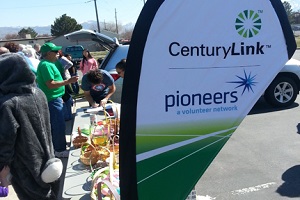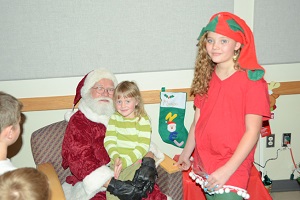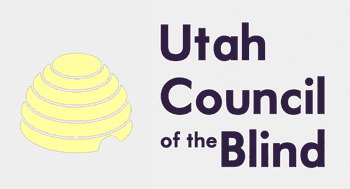More About Utah Council of the Blind
The Utah Council of the Blind was founded in 1972 by a group of people who were blind and saw the need to create programs to assist people who are blind or visually impaired to be more independent and active in their communities.
Since its inception, our organization has grown from having assets of $500 to having assets nearing $1 million today. We have not only grown financially, but we currently run at least 8 programs and other services that our clients may participate in for free or at minimal cost to them.
Along with the programs we offer, we serve as a source of information for such things as where to place pedestrian crossing signals, where to find services for people who are blind or visually impaired, and special services are offered for individuals who are blind or visually impaired; such as free telephone information (411), partial property tax exemption, low income programs, advocacy and referral services. Because this is very important, we make every effort to protect the rights of individuals who are
blind or visually impaired and improve their lives whenever possible.

Who Do We Serve?
We serve all individuals who are blind or visually impaired in the State of Utah. The last statistics we received from the Utah State Services for the Blind and Visually Impaired estimated that there are over 50,000 individuals in the State of Utah who are blind or visually impaired. Of these individuals, more than 50 percent are over the age of 60 and have age-related eye diseases, such as macular degeneration. The Utah State Schools for the Deaf and Blind last reported to us that there are approximately 4,000 children who are blind or visually impaired in the residential school, satellite classrooms, and the public school system.
All individuals in Utah who are blind or visually impaired are eligible for all of our programs with the exception of our Driver/Guide, Reader, and Scholarship Programs. These three programs require that the individual be an actual dues paying or lifetime member of the organization.
We offer a variety of educational, recreational, and social activities throughout the year for anyone wishing to participate. Special hands-on trips to historical sites, museums, art exhibits, river rafting, etc. are periodically scheduled for participants and their families to experience the community around them.
From time to time we invite educational and informative speakers to provide training on a wide variety of topics and issues with an emphasis on vision loss.
|
CenturyLink Pioneers Providing Beeping EasterEggs, Goodies and Entertainment at our Annual Easter Party |
Children with their Easter Baskets get instructions for the Annual Easter Egg Hunt |
Santa and his Elf Visit with Children at our Annual Christmas Party |

|

|

|
Programs and Services of the UCB
|
|
|
|
|
